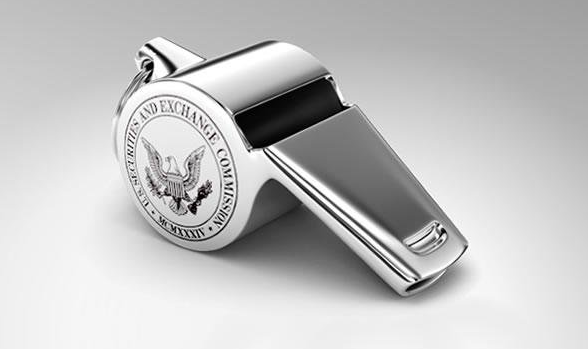The SEC has approved Finra’s request to relax controls on home-based work for brokers/dealers. The new regulations approved by the SEC facilitate remote inspection of broker offices and reduce the frequency of required examinations.
This change, originally proposed by Finra, reflects a significant adjustment in the supervision of stockbrokers, moving from annual reviews to once every three years for home offices.
The SEC’s decision follows an extensive period of debate and opposition, particularly from investor advocates, who expressed concerns about the increased flexibility granted to brokers and their employers, as reported by AdvisorHub. The SEC has stated that these new rules are in line with its broader responsibilities to prevent fraud and protect investors.
Finra’s initiative to adapt its inspection procedures to the post-pandemic era has been a focal point since the onset of the COVID-19 pandemic closures.
In 2020, the regulatory body temporarily suspended its in-person inspection requirements, extending this relief measure until the end of this year due to concerns that arose, notably from state regulators and plaintiff attorneys.
The remote inspection plan, proposed as a three-year pilot, received additional comments from the SEC in August. However, despite ongoing opposition, Finra defended its proposal, arguing that advancements in surveillance technology allow for more effective remote monitoring, adds the specialized media. Additionally, restrictions were put in place to prevent high-risk firms and brokers from participating in the pilot program.
In its approval, the SEC emphasized that the pilot would provide firms with greater flexibility, while mitigating risks by implementing specific safeguards. These measures would limit eligibility to certain member firms and locations only.
Finra officials told the SEC that the rule change, allowing less frequent examinations of home offices, aligns these residential spaces with its definition of a “non-branch” location.
The industry has broadly supported these rules, as they allow firms to maintain remote examiners hired during the pandemic, avoiding the need to terminate them if they were required to work in-office.



